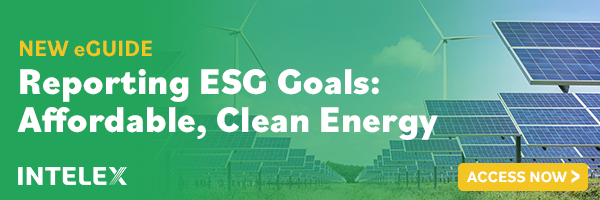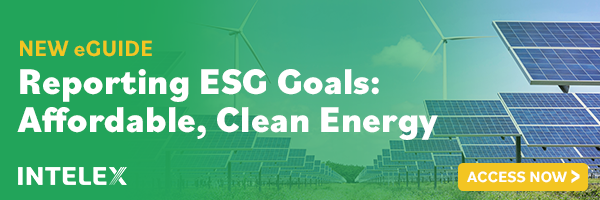
Now more than ever – in terms of cost and the impact on the environment and ESG reporting – energy management is important to your organisation.
ISO 50001 sets out the requirements for an organisation that wishes to manage energy performance. This includes energy consumption such as gas use, electricity or fuel. For companies concerned about reaching ESG goals, ISO 50001 can be a critical tool in their toolbox.
Organisations often achieve tremendous savings through a mixture of no-cost, low-cost and acceptable-cost improvements. However, just spending money on technology and initiatives will not deliver the same benefits as will adopting the more professional approach to energy management in ISO 50001.
The three areas of focus described here – energy initiatives, energy accounting and energy management systems – are all equally necessary components in an effective energy management project that conforms to ISO 50001.
Download the Guide here and find out how an energy management system can help:
- Reduce the amount of energy consumed, such as electricity or gas
- Increase energy efficiency, such as producing more units for the same energy use
- Explore ways to reduce CO2 emissions, such as buying green renewable energy from energy suppliers or adopting renewable energy technology such as solar panels
